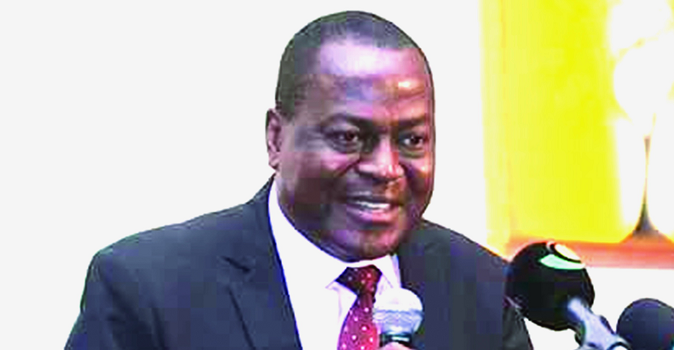
Experts call for policies to address challenges of ARTs
Experts in Assisted Reproductive Technology (ARTs) have called for policies that would help regulate their work.
Advertisement
They said this had become necessary because ARTs had become an emerging health issue combined with its attendant challenges.
The experts made the call in various submissions at the fifth National Gender Dialogue organised by the Ministry of Gender Children and Social Protection (MoGCSP) in Accra.
Assisted Reproductive Technology is an emerging field in medical science. It connotes the processes in which eggs from a woman and sperms from a man are manipulated to enable a person or couple to conceive a child.
Some of the challenges that were mentioned included the issue of the sale of sperms and egg harvesting which they maintained, were currently not regulated.
Draft legislation
To this end, a meeting for managers of ART facilities will be convened in September to come out with a draft legislation for onward transfer to the (MoGCSP) and then to Cabinet for consideration.
The dialogue, which centred on ARTs in Ghana, was attended by medical doctors, embryologists, legal experts from the government, civil society organisations, religious leaders, students, traditional rulers and other key stakeholders.
It was aimed at initiating consultations and discussions on ARTs that would give rise to a deeper understanding of the issues surrounding the practice and to fashion the way forward.
Ghana had its first ART baby through In Vitro Fertilisation (IVF) in 1995 and currently there are 14 recognised private facilities that undertake hundreds of cases of ARTs within a year.
Among the technologies used in achieving conception for couples through this means are the IVF, Intracytoplasmic sperm injection (ICSI), Gamete Intra fallopian transfer (GIFT) and surrogacy among others.
Need for regulations
A Medical Director of Pro Vita Specialist Hospital in Tema, Dr Joseph Mainoo, who spoke on the challenges associated with ARTs, said there was the need to regulate activities in the industry to ensure that the rights of people are protected.
He said there should be a common practice that would ensure that experts in the field followed a standard procedure.
The Chief Executive Officer of the Tema Women’s Hospital, Dr Paul Owusu Baah, presented a paper on the “History and current situation of ARTs in Ghana”. He said infertility affected 10 to 15 per cent of couples in their reproductive age and that 40 per cent of both males and females were affected equally while some causes were by unexplained circumstances or a medical problem that had an effect on both male and female.
Government intervention
The Minister of Gender, Children and Social Protection, Nana Oye Lithur, in a welcome address said providing quality reproductive health services to women, men and adolescents was an ongoing priority of the government.
She said reproductive health was not only a health and rights issue but was also necessary for overall development including improvement of livelihoods and promotion of economic growth.
The President of the Family Health Medical School, Professor Enyonam Yao Kwawukume, who chaired the dialogue called for dispassionate discussion on the issue of ART so that policies that would regulate the industry would be enacted.
Writer's email: [email protected]



